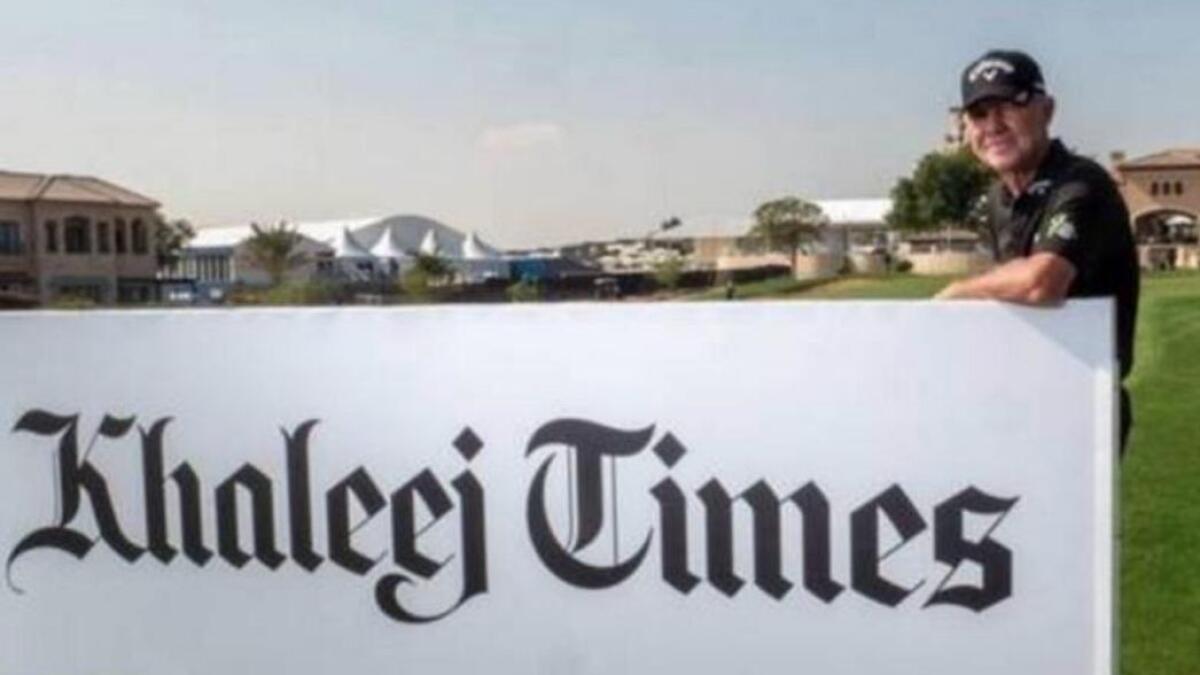The Olympic Games are considered the world’s foremost sports competition, with disciplines like Track and Field, Gymnastics, and Swimming taking center stage. Throughout history, the Olympics have symbolized amateurism and traditional Olympic sports. However, the landscape of sports has shifted towards being driven by commercial motives in recent decades. Golf, once a prominent Olympic sport, was removed just days before its start in 1908 and again in 1920 due to lack of interest. In 2009, golf was reinstated in the Olympics in 2016 in Rio.
While golf already has several platforms to showcase its offerings, the Olympics provide a new audience and potential funding opportunities for the sport. The involvement of Olympic committees from participating countries can lead to new government and private funding, benefiting the development and infrastructure of the game, especially in areas where golf is not well-established. The inclusion of golf in the Olympics can also attract fans of the sport to watch other Olympic events.
To keep golf relevant in the Olympics, there could be a need for a different format than the traditional 72-hole serving. A round-robin medal qualifier transitioning to a match-play format with multiple medals for individual and team divisions could add excitement. Team and mixed golf events could further enhance the appeal of golf in the Olympics. Innovation in golf, as seen with events like LIV Golf, could be a key factor in sustaining the sport’s interest in the Olympics.
Despite different opinions on golf’s place in the Olympics, players like Victor Perez, Thomas Pieters, Carlos Ortiz, Joaquin Niemann, and Guido Migliozzi will be participating at Le Golf National in Paris. As a coach or supporter, keeping a watchful eye on their performances and wishing them luck in the competition is essential. Regardless of personal beliefs, the focus remains on the athletes and the spirit of competition in the golf games at the Olympics.









